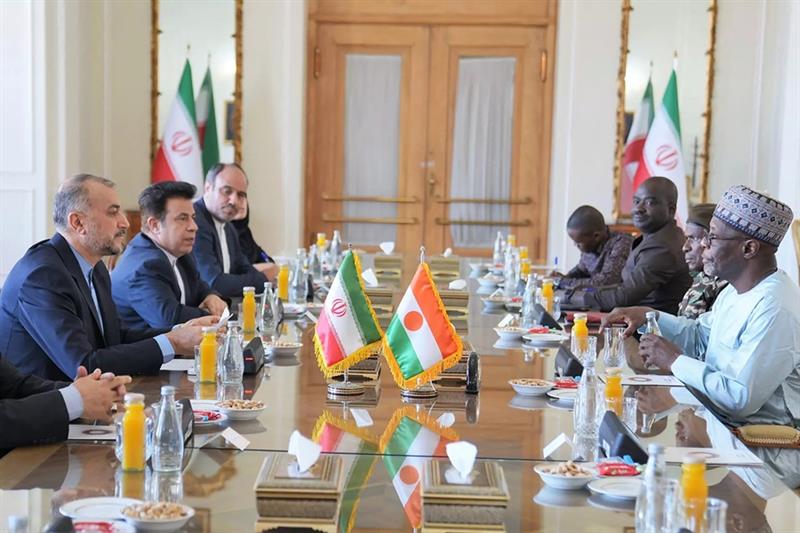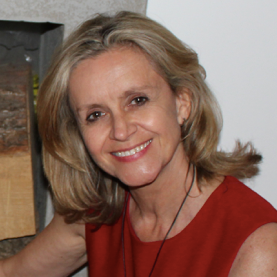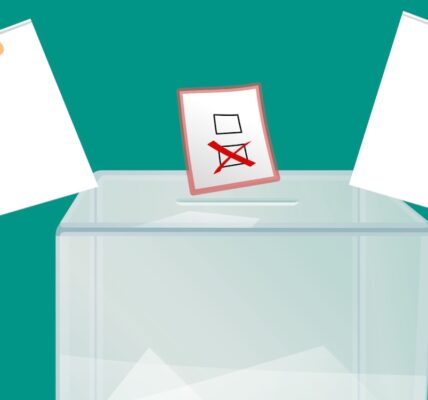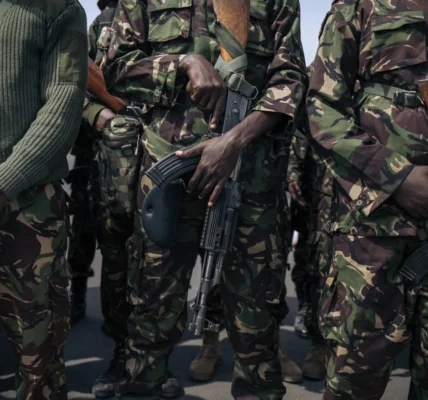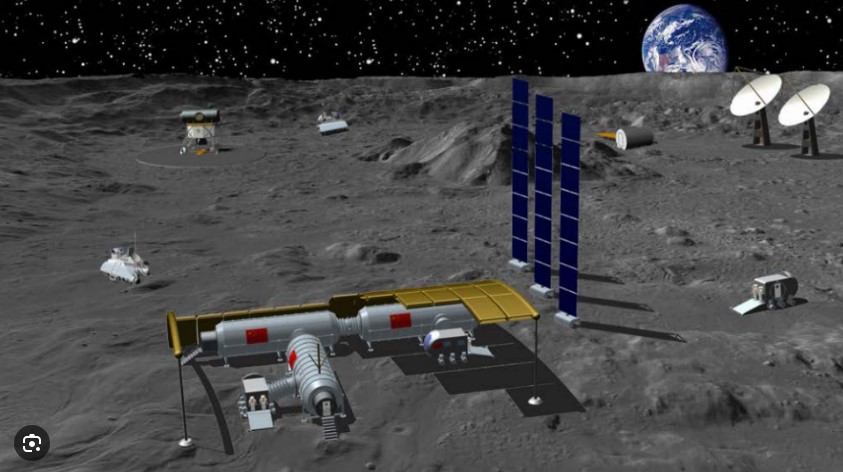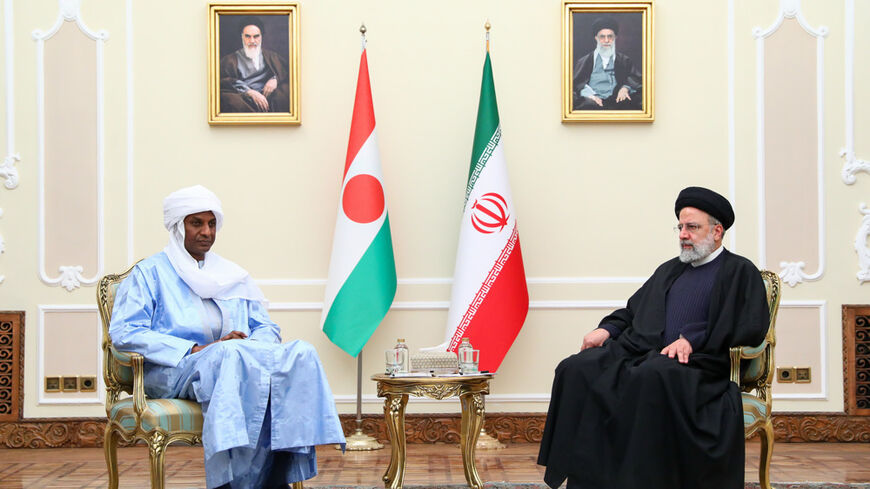
Iran is seeking to secure a mining licence in Niger to harvest hundreds of tonnes of uranium a year. This disclosure raises fears among Western nations that Tehran plans to acquire larger stocks of uranium to further its nuclear weapons programme.
It follows after Iran and Niger cemented a secret ‘yellow cake’ uranium deal in late April for the delivery of 300 tons of uranium in exchange for drones-and-surface to air missiles.
In an interview with National Security News, Dr. Olayinka Ajala, a West African political analyst and lecturer at Leeds Beckett University, expressed concerns about Iran’s intentions with the uranium.
His warning comes as the US issued fresh sanctions targeting Iran in response to “continued escalations,” US Secretary of State Antony Blinken said in a statement.
Blinken said, “Over the past month, Iran has announced steps to further expand its nuclear program in ways that have no credible peaceful purpose.”
“We remain committed to never letting Iran obtain a nuclear weapon, and we are prepared to use all elements of national power to ensure that outcome.”
US, France booted from Niger by new military regime
Iran’s presence in Niger comes after a military junta took over the country in a coup d’état in July 2023. Before the coup, Niger was regarded as a darling of the West, following its first democratic transition in history. The US reportedly spent $1 billion in Niger over a decade, considering it crucial for regional counter-terrorism efforts and peace.
However, the new government suspended its military agreement with the US in March this year, giving the US until September 15 to remove its troops, including abandoning a $100 million drone base near Agadez, which provided intelligence on groups allied with Al-Qaeda and the Islamic State. French forces were also asked to withdraw, ending years of on-the-ground military support.
Dr Ajala said that the relationship between Niger and France has soured, with Niger now building ties with countries like Russia, Iran, and Turkey. The Nigerien military leaders have also indicated they will review the country’s mining licenses.
New uranium license agreements mean no oversight of who buys
This week, Niger revoked the licence of French nuclear producer Orano from the Imouraren mine in northern Niger, a move highlighting tensions between France and Niger’s military rulers.
“The Imouraren mine has one of the largest uranium deposits in the world, about 200,000 tonnes of uranium,” Dr. Ajala said. “Chinese companies are taking over some of the mines in northern Niger, and there is speculation that some might be handed over to either Chinese or new Russian companies.”
However, a bigger concern than Chinese and Russian interests is Iran.
“There have been rumours that Iran is actively seeking mining licences in Niger to enrich their nuclear facilities in Iran,” Dr. Ajala said. Previously, Western partnerships allowed for monitoring who mined and bought uranium from Niger, with the European Union obtaining about 25% of its uranium from Niger in 2022.
“The risk now is, who will be mining uranium in Niger? What will they do with it? Who will they sell it to? Will it get into the hands of non-state actors? Will Iran use Niger’s uranium to enrich their facilities back in Iran?”
Iran building allies in Africa, as Africa seeks new relations
Iran is interested in other countries in the Sahel region. “They are also interested in Burkino Faso and Mali, but the most significant country is Niger,” he said. The Nigerian foreign minister recently visited while high-ranking officials from Iran have also been in Niger. Niger is also trying to build a relationship with Turkey.
“The military junta in Niger is seeking relationships with countries that could significantly benefit them. With Iran, it’s not just about uranium but also weapons. Niger and other African countries are looking for countries that could sell weapons without human rights preconditions,” Dr. Ajala explained.
According to Dr Ajala, human rights clauses that come with the sales of weapons are causing a rift between countries in Africa and their Western Allies.
“When you look at the example of Nigeria, before 2015, Nigeria never bought any weapon from Russia, not a single bullet from Russia, since Nigeria returned to democracy in 1999. But in 2015, Amnesty International released a report which detailed human rights abuses committed by the Nigerian military in the country in the fight against terrorism. Because of that the US suspended the sale of some weapons to Nigeria until the human rights issues have been fixed. That is what pushed Nigeria to buy weapons from Russia,” he said.

